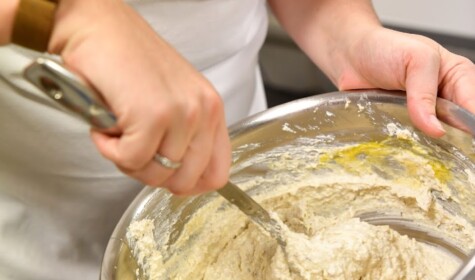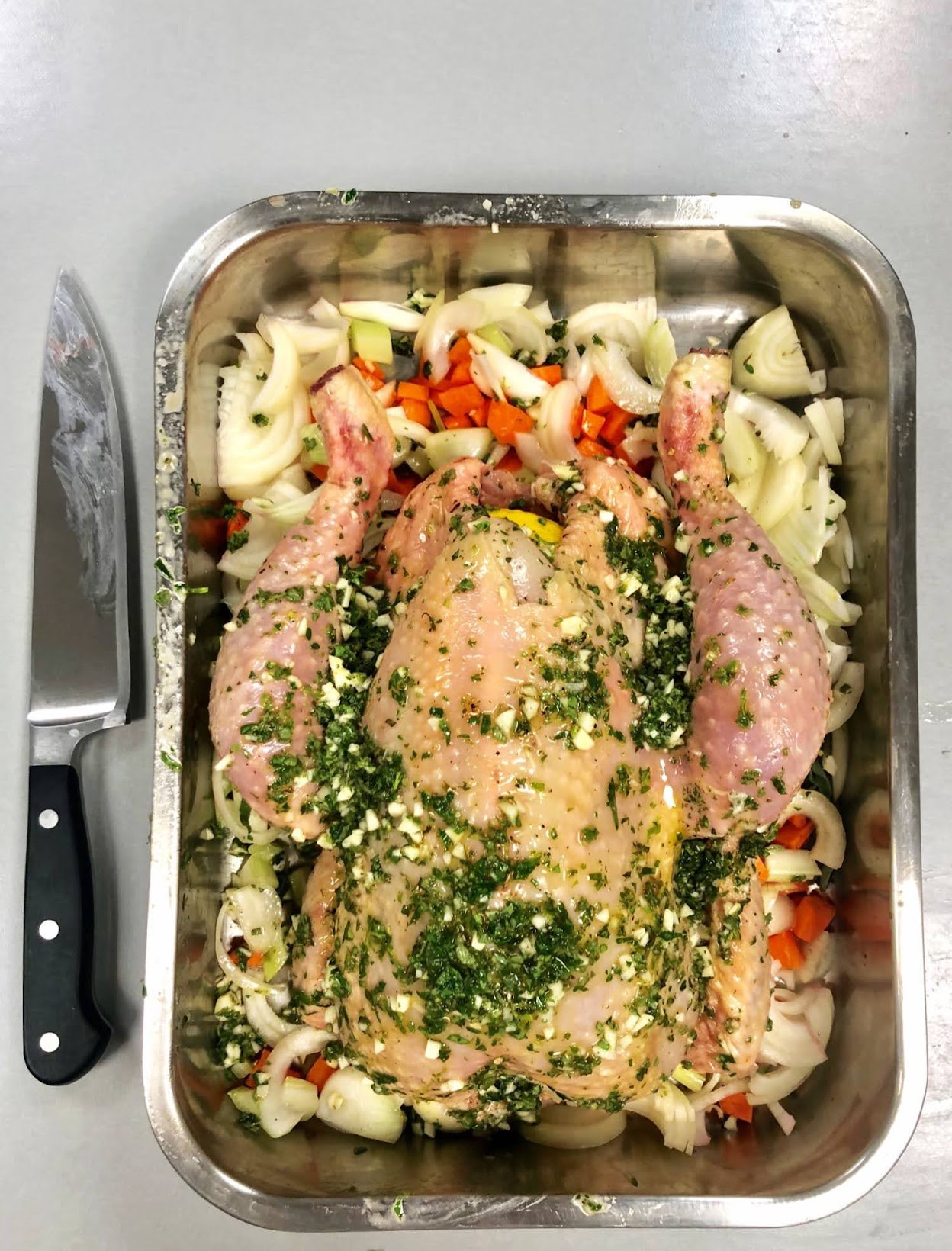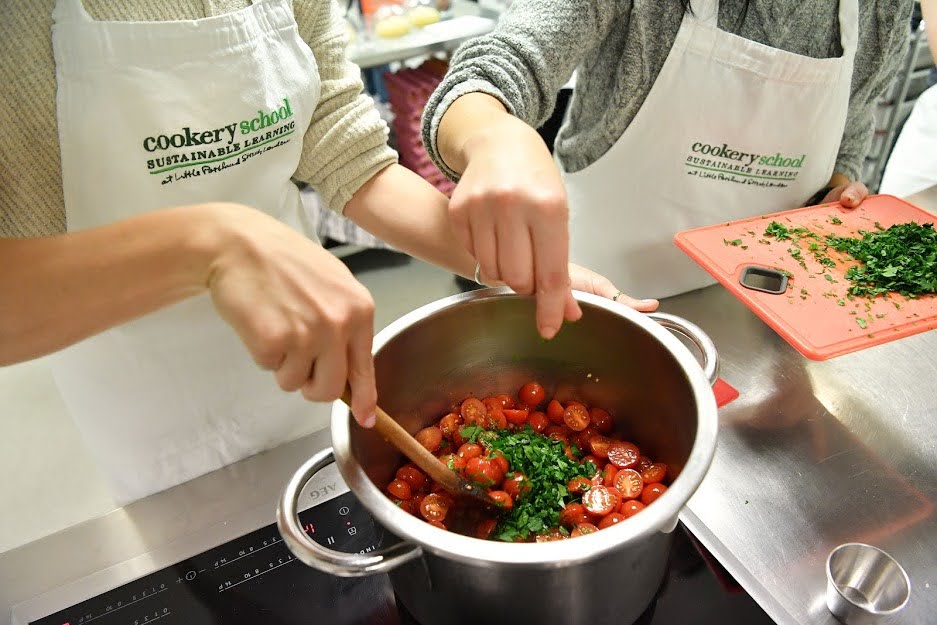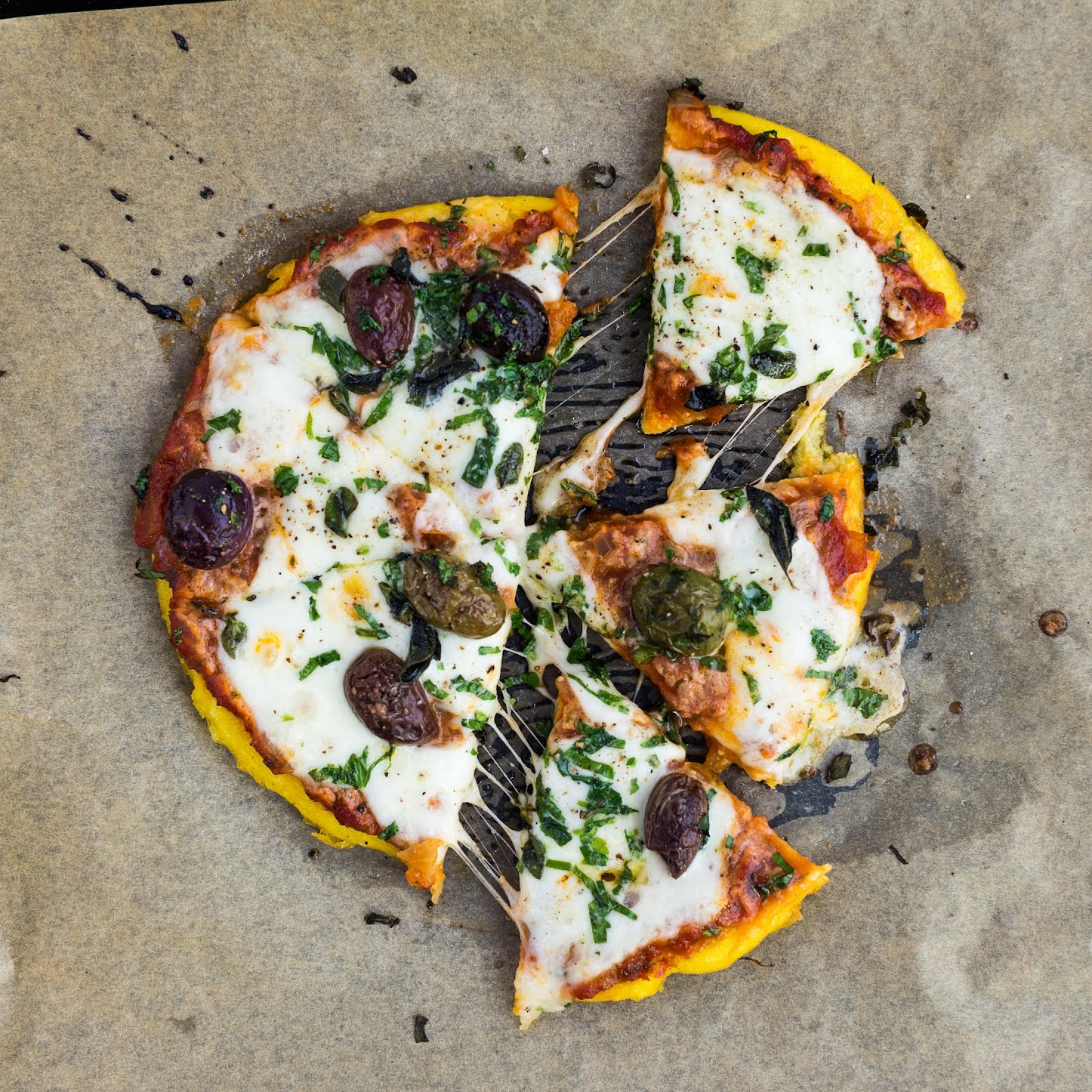The love of cooking good food from simple ingredients is fundamental to the approach taken at Cookery School at Little Portland Street in London. Writing for the SFT, the School’s Charlotte Whiting explores how equipping people with basic cookery skills can unlock a world of new possibilities, enabling people to create dishes that are healthier and more sustainable.
“I learned to cook at my mother’s side. When I was six, she started teaching me how to make a béchamel sauce, and to sweat onions until soft and sweet. I was hooked.” Thomasina Miers, cook, writer and restaurateur.
Good home cooking skills used to be passed down through the generations, but these days they tend not to be. With more people working, eating out and taking advantage of the convenience of takeaways, ready meals and pre-prepared foods than ever before, home-cooking has taken a bit of a back seat.
What’s more, despite many New Year’s resolutions focused on healthier eating habits, the BBC Good Food Nation survey reveals the rising cost of ingredients means that three in five people are taking measures such as eating more ready meals and processed foods, cooking less from scratch, and cutting back on organic food.
On the flip side, the 2023 Waitrose Cooking Report (a survey of over 4,000 UK adults) reported that, as a nation, the UK loves to cook and home cooks are quietly confident in their kitchens, with roast chicken topping the charts as the nation’s favourite meal to cook.









